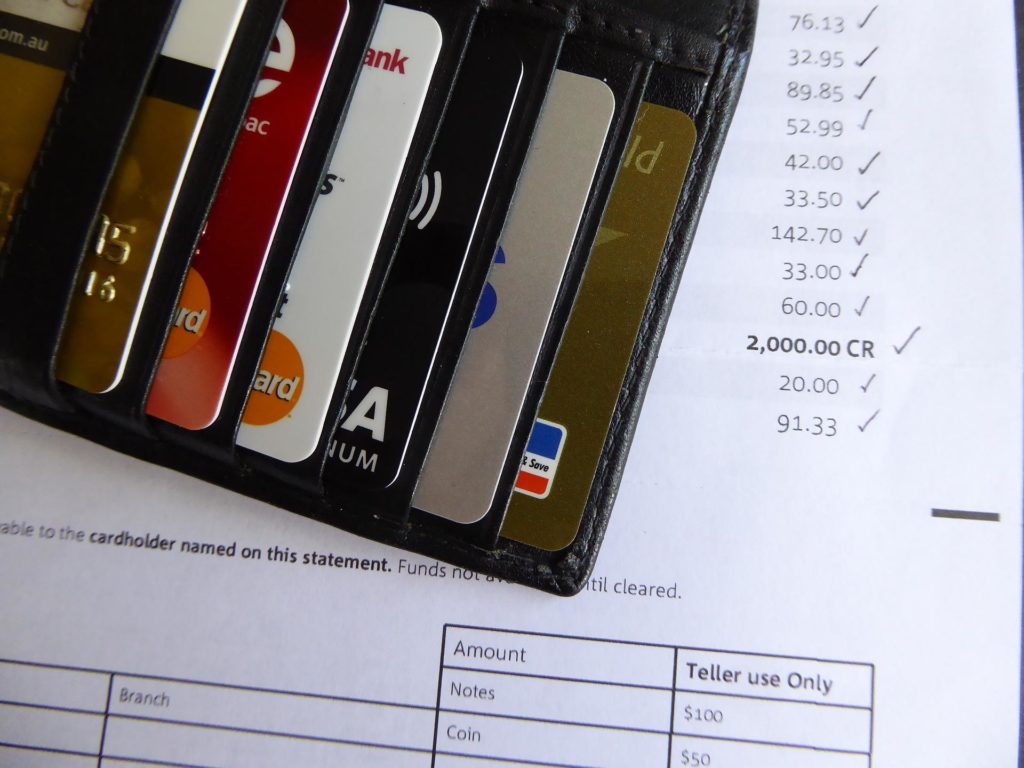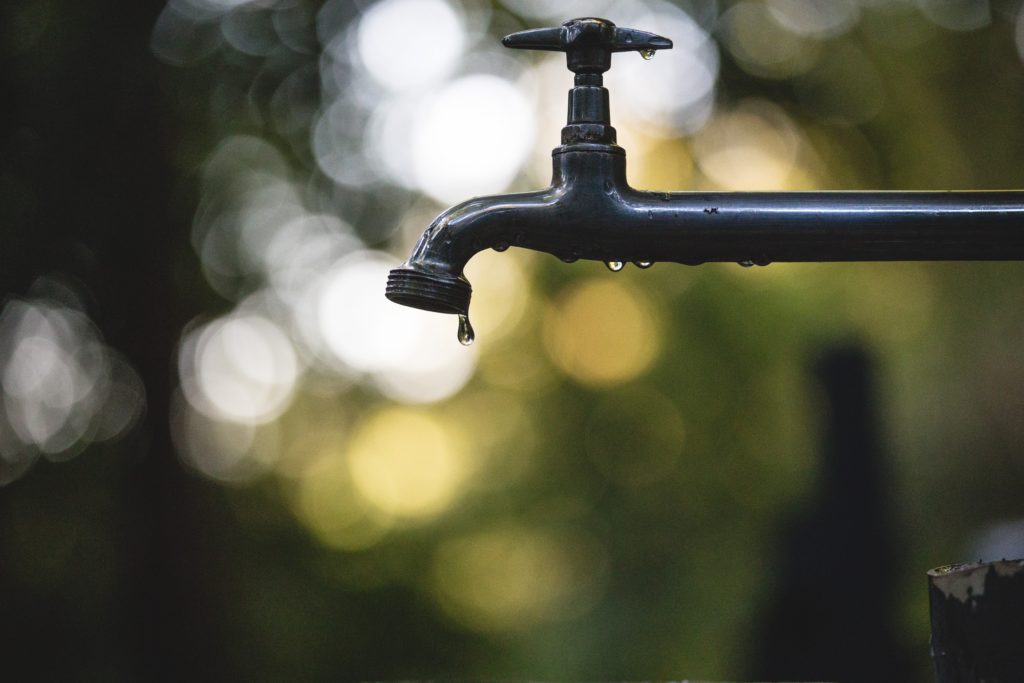
I talk a lot about reconciliations and reconciling your accounts. Why is this so important though?
First, let’s discuss what reconciliations are.
When you do a reconciliation, you are basically going through your bank account, credit card account, or merchant service account to make sure that what is showing up on those statements is the same as what you have in your books. When your books match your statements, your account reconciles to 0.
If you are showing things in your books that aren’t showing up on the statement or if there is something on the statement that isn’t in your books, there will be a “difference”.
What causes a “difference”
A “difference” could be caused by a number of things.
It could be that you have recorded in your books a check that you wrote, but the check recipient didn’t cash the check or the check didn’t make it to your bank before the statement ending date. That would cause your books to show the check, but the check won’t show up on the statement until the check makes it to the bank.
Your bank could also have processed a transaction twice or a vendor could have charged you twice. While this doesn’t happen too often, it does happen. Reconciling is a great way to catch this problem and then you can call the bank or vendor to get the issue fixed.
Another thing that can cause a difference is a double-recorded transaction. If you accidentally record a transaction in your books twice, it will show up twice in your books, but only once on your bank statement. If you see this, you know there is a problem that needs to be fixed with that transaction. If it is happening often, you know there’s a problem in the way you are entering transactions in your books so you can correct it. This is actually a very common mistake, but generally easy to correct.
Why reconciliations are so important
When your accounts aren’t reconciled each and every month, you are putting your business at risk of “leaks”.

Benjamin Franklin said “A small leak can sink a great ship.”
A small roof or plumbing leak can ruin a house, costing the homeowner a lot of money in repairs if it isn’t dealt with correctly and immediately.
A small oil leak can destroy a car’s engine and the cost to repair it can sometimes surpass the value of the car.
Those “small leaks” also have the ability to do serious damage to your business. Without staying on top of it, your business could sink.
Reconciliations double check for any errors that have been made in your business financials each and every month. It makes sure that money is going where it needs to go and extra money isn’t being taken out unnecessarily.
Reconciliations also keep your books up-to-date and keep your financial reports accurate.
Should you need to apply for a loan for your business, accurate and up-to-date financial reports will matter a great deal. Lenders want to see that your business is making money. Without accurate financial reports, you will have a hard time proving what your bottom line is and this may cost you an approval on an important loan.
Don’t skip it

Bank reconciliations are often overlooked by business owners.
Bank reconciliations need to be done each and every month for each and every account.
Don’t skip this crucial step!
If you need help with your bookkeeping, click the button below to contact me.
